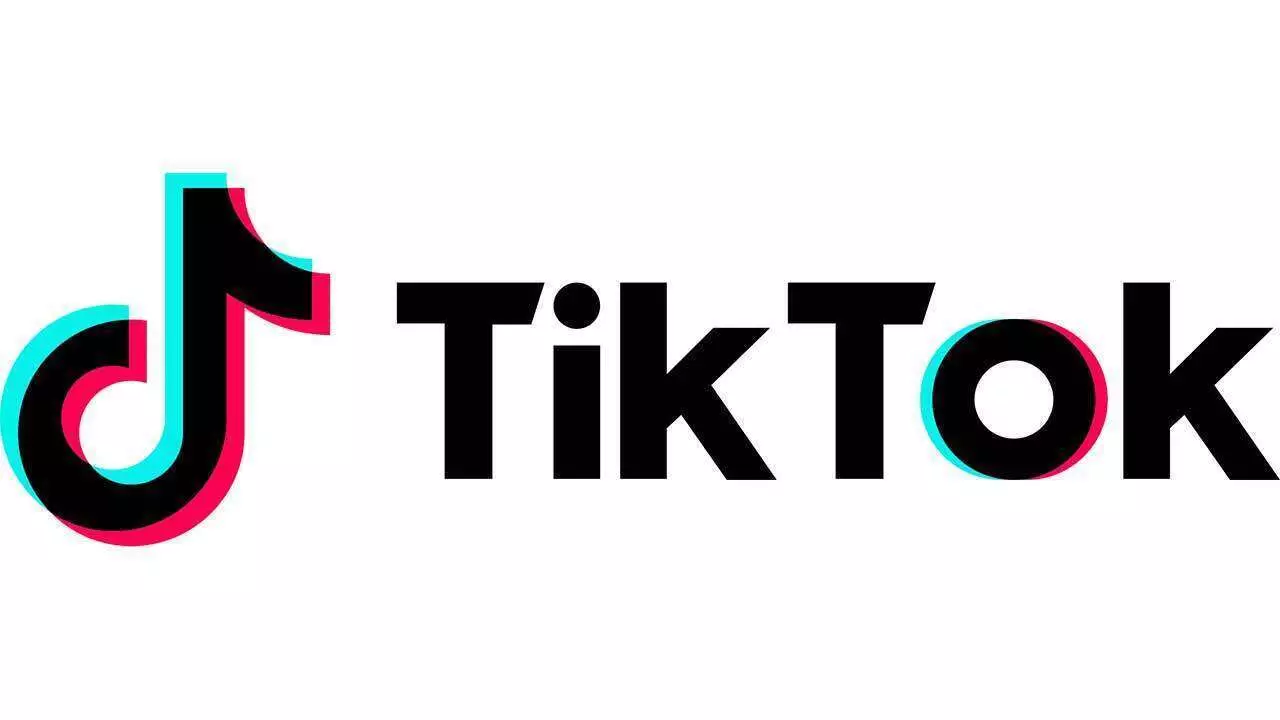The recent Supreme Court decision regarding TikTok has sparked intense debate across the nation. Upholding a congressional ban on the popular video-sharing app, the Court concluded that the law aligns with First Amendment rights, thereby paving the way for its enforcement on January 19. Through a per curiam ruling, the Court emphasized national security concerns tied to data collection practices, justifying Congress’s bipartisan effort to regulate the app’s operations within U.S. borders. The critical question now lies in whether this ban will be executed, particularly given the looming transition in presidential leadership.
This situation embodies a notable dichotomy in political attitudes towards TikTok. While the law passed with bipartisan support, President Biden’s reluctance to enforce the ban during his final hours may signify a shift in perspective among Democrats. Contrastingly, President-elect Donald Trump has openly expressed his desire to keep TikTok active in the United States. His administration faces the challenge of navigating the complexities of the ban while exploring potential options to facilitate a sale to a U.S. buyer. This tension highlights the differing approaches to technological regulation and international commerce that can complicate policy implementation.
Despite efforts to mediate the situation through a sale to domestic interests, TikTok’s ownership by ByteDance poses significant hurdles. At the heart of these challenges is Chinese legislation that may inhibit the transfer of the company’s proprietary algorithm — the very core that powers and differentiates TikTok from its competitors. This situation is not merely about commerce; it touches on broader themes of technology sovereignty and global digital governance. Lawmakers and legal experts alike are scrutinizing whether a potential buyer could realistically negotiate a deal that satisfies both governmental security concerns and ByteDance’s legal constraints in China.
As the fate of Tiktok hangs in the balance, reactions from the public and industry stakeholders reveal a profound cultural significance that transcends mere entertainment. With millions of users relying on TikTok for creative expression and social interaction, a shutdown would disrupt not just a platform but an entire ecosystem of content creators, particularly in the gaming community. The app has effectively blended music, gaming, and social commentary; professionals in these industries frequently utilize TikTok for promotion and engagement.
As the impending deadline approaches, TikTok’s management reportedly prepares to halt services in the U.S. Should this occur, the implications could resonate far beyond national borders, instigating a reevaluation of how digital platforms are governed globally. Potential buyers and users alike now await the unfolding of a complicated narrative that intertwines technology, governance, free speech, and national security. The overarching dilemma is clear: balancing the need for security against maintaining access to a platform that provides a voice for millions. The outcome of this legal and political maneuvering will undoubtedly shape the future of digital communication and regulatory frameworks in the United States and beyond.


Leave a Reply